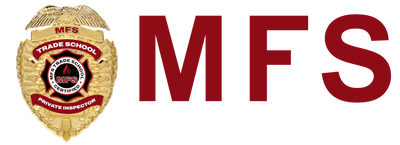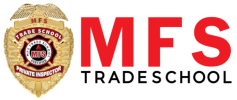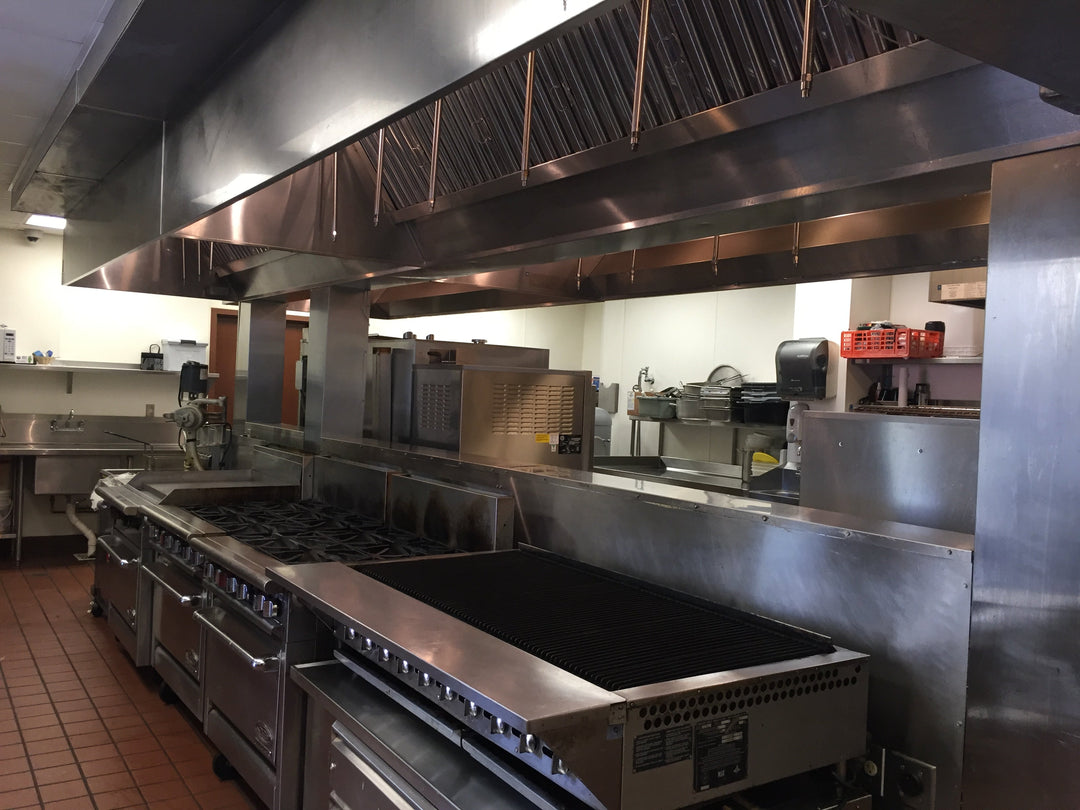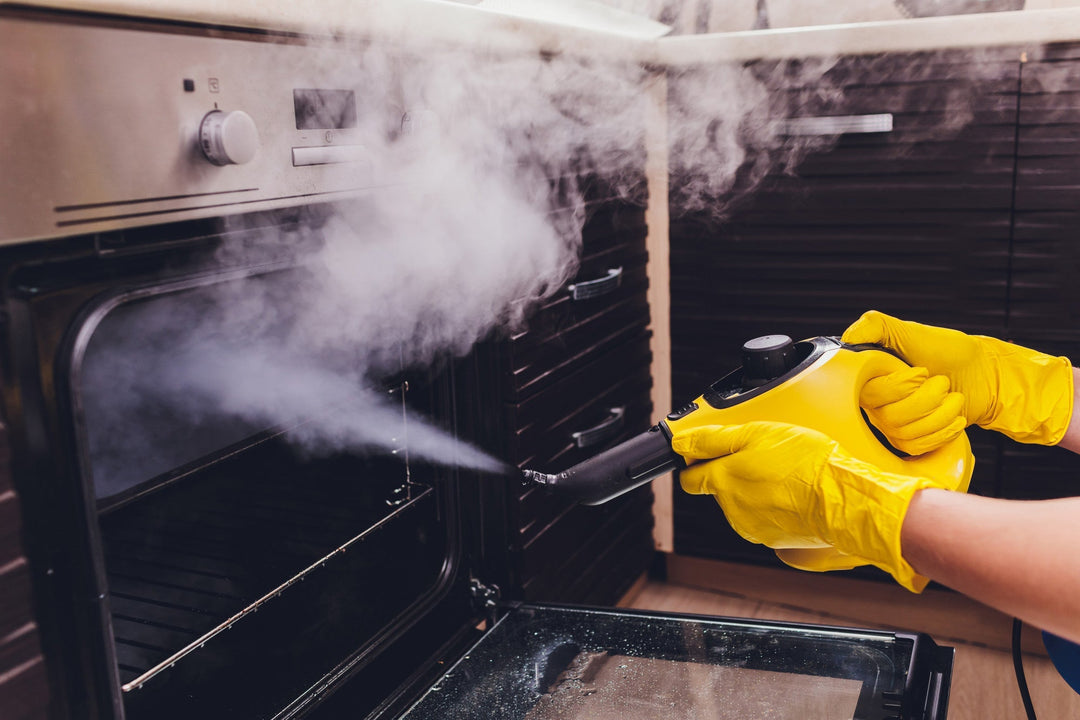Starting a Hood Cleaning Business: Costs, Training, and Certification Requirements
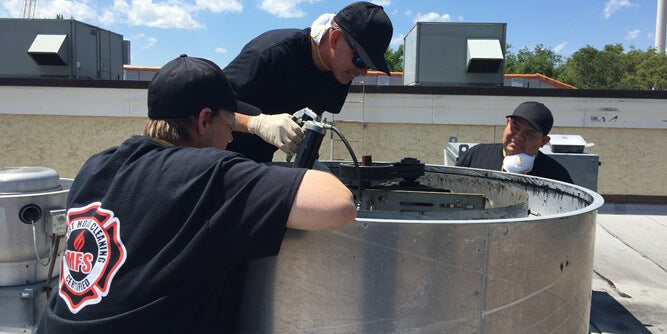
Starting a Hood Cleaning Business: Costs, Training, and Certification Requirements
Starting a hood cleaning business can be a rewarding venture for entrepreneurs seeking a stable and lucrative opportunity, which requires a solid foundation in understanding entrepreneurship. With consistent demand driven by regulatory requirements, this industry offers a reliable path to business ownership.
Launching a successful hood cleaning business requires careful planning and understanding of the costs, training, and certification involved. Navigating these essential components is crucial to ensure compliance and gain a competitive edge in the market.
In this article, we'll explore the key aspects of starting a hood cleaning business, including the financial investment, necessary skills, and legal considerations. By the end, you'll have a clear roadmap to embark on this entrepreneurial journey with confidence.
Why Start a Hood Cleaning Business?
The restaurant industry relies heavily on regular hood cleaning services to maintain a safe and compliant kitchen environment. As per NFPA 96 standards, commercial cooking operations must have their exhaust systems inspected and cleaned by certified professionals on a periodic basis—making hood cleaning an essential service with consistent demand.
Entrepreneurs who enter the hood cleaning business can tap into a stable market with a steady flow of clients. Restaurants, cafeterias, hotels, and other food service establishments require hood cleaning services multiple times a year, providing a reliable revenue stream for your business.
Moreover, the hood cleaning industry offers attractive profit margins for those who deliver quality services. With the right training, equipment, and marketing strategies, you can establish a thriving business that generates substantial returns on your investment.
Understanding the Costs of Starting a Hood Cleaning Business
Initiating a hood cleaning business requires a thoughtful allocation of funds. The initial costs encompass equipment, professional training, and necessary certifications. Prioritizing high-quality equipment is vital—investing in robust pressure washers, tailored cleaning apparatus, and protective gear forms the foundation of your business operations. These tools ensure not only efficiency but also adherence to safety protocols critical in this industry.
Effective budgeting for startup costs entails a well-planned approach, with expenditures ranging from modest to substantial, depending on the scope and scale of your business. Equipment expenses can vary, with professional-grade pressure washers being a notable investment. Consistent replenishment of cleaning agents and other essentials should be factored into your ongoing expenses, highlighting the importance of financial planning. Entrepreneurs often find that an upfront investment in durable equipment can mitigate future maintenance costs.
Gaining expertise through specialized training and obtaining certifications is a cornerstone of your initial expenditure, and you can find valuable resources for developing business ideas to support your journey. Participating in industry-recognized training programs not only elevates your skills but also positions your business favorably within the competitive landscape. Certification serves as a testament to your dedication to quality and safety, crucial for establishing trust and credibility with potential clients.

Essential Training and Certification Requirements
Excelling in the hood cleaning industry demands thorough training and certification requirements. Understanding and implementing the standards set by NFPA 96 is crucial for ensuring both legal and operational safety. These guidelines are essential for maintaining effective ventilation and fire prevention in commercial kitchens, underscoring the critical nature of precise compliance.
Earning certification underscores your professional integrity and sets your business apart in a crowded marketplace, especially when you understand the types of entrepreneurship that can influence your strategy. Beyond being a credential, it signals your dedication to the highest levels of service and safety, which clients prioritize when selecting service providers. Certification from established organizations signifies your adherence to stringent industry benchmarks, giving clients confidence in your abilities.
Engaging in targeted hands-on training programs offers crucial practical experience. These programs enhance your technical proficiency by covering essential skills such as the effective use of cleaning equipment and the thorough inspection of exhaust systems. Learning from experienced professionals provides insights that go beyond theoretical knowledge, equipping you to deliver superior service with assurance.
Crafting a Business Plan and Marketing Strategy
Developing a detailed business plan is essential for your hood cleaning enterprise, and it helps to have an overview of entrepreneurship to guide your approach. Start by pinpointing your ideal clients—assessing the specific requirements of establishments like restaurants, schools, and healthcare facilities ensures your services meet their demands. Clearly define your service portfolio, considering whether to focus solely on hood cleaning or to include complementary services such as appliance cleaning, which can enhance your market position. Establishing a pricing model that aligns with industry standards while ensuring profitability is crucial. Analyzing competitor pricing and understanding client budget constraints will inform your pricing decisions.
A strategic marketing approach connects your business plan with your target audience. Building strong relationships with local restaurant owners can serve as the foundation of your client base, establishing trust through exceptional service and reliability. Digital marketing plays a critical role in expanding your reach—leveraging social media and optimizing your online presence can attract a broader audience. Engaging digital content and strategic advertising can elevate brand awareness and position your business as a leader in hood cleaning services.
Utilizing a comprehensive business plan template can simplify your planning, ensuring that all vital components are addressed. This structured approach facilitates goal alignment and offers a clear trajectory for expansion. Regularly reviewing and refining your business plan and marketing tactics allows for adaptation to market shifts and client feedback, ensuring your business remains competitive and responsive to industry changes.
Navigating Legal and Licensing Requirements
Adhering to the legal framework is critical when launching a hood cleaning business, as it involves exploiting commercial opportunities while ensuring compliance. Licensing varies significantly by region, so it's vital to consult local authorities to determine the necessary permits for your operations. These might include health and safety certifications, environmental clearances, and specific industry-related approvals. Obtaining the right licenses not only legitimizes your business but also demonstrates a commitment to operating within the law.
Securing the appropriate insurance is fundamental to protecting your business against potential challenges. Comprehensive coverage options, such as general liability and property insurance, shield you from financial risks associated with accidents or damages during service delivery. By prioritizing insurance, you ensure that your business can withstand unexpected events without severe financial setbacks.
Maintaining compliance with all legal and regulatory mandates fortifies your business's reputation and builds trust with clients and regulatory bodies, essential for expanding your client base. Keeping abreast of local regulations and sector-specific guidelines, you ensure your services meet all necessary standards. Detailed documentation of your procedures and inspections reinforces transparency and accountability, essential for fostering positive relationships with both clients and inspectors.
Implementing Best Practices for Effective Hood Cleaning
To achieve excellence in hood cleaning services, it is essential to adopt refined techniques that enhance operational efficiency and meet client expectations. Tailoring cleaning methods to the specific needs of each kitchen setup ensures comprehensive and effective results. Regularly evaluating and incorporating feedback helps refine these techniques, ensuring that services stay aligned with client needs and industry advancements.
Staying current with professional practices through continuous education is vital for maintaining a competitive advantage. Engaging in specialized workshops and attending industry conferences provides valuable insights into emerging trends and innovative solutions. This proactive approach to learning underscores your commitment to excellence and positions your business at the forefront of the hood cleaning industry.
Prioritizing the acquisition of advanced equipment is crucial for delivering superior cleaning outcomes. Investing in cutting-edge technology, such as high-efficiency washers and eco-friendly cleaning agents, enhances performance and sustainability. Consistent equipment maintenance ensures reliability and operational readiness, which are critical for maintaining high service standards and building a reputation for excellence.
As you embark on your journey to start a hood cleaning business, remember that investing in the right training, equipment, and certifications is key to your success. We at MFS Trade School Shop are committed to providing you with the knowledge and support you need to thrive in this industry.
Request more information today and let us help you turn your entrepreneurial dreams into a thriving reality.
